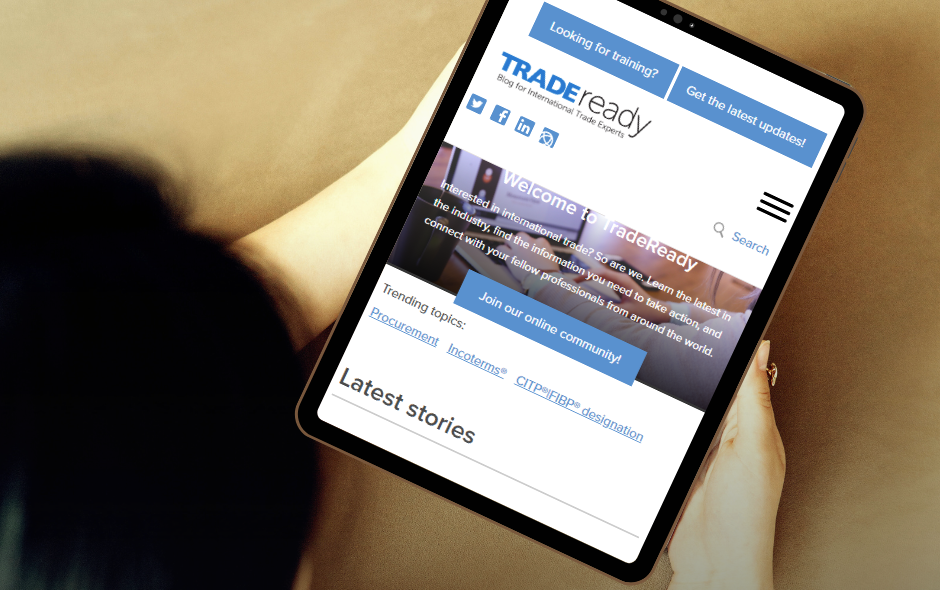
Taking a business across international borders already sounds like a challenge for a larger company. For a smaller one, with 20 employees or less, it’s even more daunting. To help with the leap, most businesses outsource a bulk of the work by hiring vendors for various services.
For an SME, the market entry costs can quickly add up and become so overwhelming that the business decides to abandon their plans to go international after all. This need not be the case.
1. Cost: Extensive Market-Research
According to the British Chambers of Commerce, 68% of small businesses in the UK don’t internationalize because they believe they have the wrong product or service. In most cases, small companies simply don’t have the money, which can easily go into the tens of thousands of euros, to conduct extensive market research to reach a more confident conclusion. As a result, many small companies either don’t internationalize, or they push this vital aspect aside, thereby risking failure.
Cost-Saving Tip: Try real-time learning
Basic market research can be found online for free. For more extensive information, most businesses find that the best way to gain insights is to jump into the field for first-hand experience. But if that sounds too risky, there is a simple, temporary alternative: open a virtual office. Get a local phone number, business address, and consider hiring someone temporarily who speaks the local language.
The localization aspect will help start conversations with your potential customers.
Initial customer reactions can offer crucial insights about your potential market. Take a few months’ time to learn about the customers in your new market.
If you realize that this market is not working out, for whatever reason, simply cancel your virtual office contract and try another market.
2. Cost: Internationalization Consultants
Indeed, they have a deeper understanding of the local culture and markets, perhaps speak the language and have local connections. However, consultants are expensive. Especially if a business’ internationalization takes years.
Cost-Saving Tip: Be smart about consultants
There are plenty of free websites, such as Exportwise and Globig, that will give you a general understanding of the local culture, main regulations and market dynamics. Also, use your governments’ free or cheap export consulting service. You can also take advantages of the free resources on FITTforTrade.com.
In Canada, the Trade Commissioner Service and Export Development Canada are two great places to start. The U.S. Commercial Service is a useful service for those in the United States.
Only hire a private consultant if you need connections or are unable to find answers elsewhere.
3. Cost: Lawyers
It’s a common belief that one requires a lawyer to incorporate a business. When doing so across borders, many also use their lawyer’s address as a business address. Just like consultants, lawyers are expensive, especially if you’re also using their address.
Cost-Saving Tip: Use innovative digital services
More and more companies are emerging that offer legal, digital company incorporation services that can get the job done within a day, and for a very reasonable price. If you’re in need of a mailing address in your new market, hire virtual office services to create an official business address.
4. Cost: Translators
When expanding into a country using a different language, a small business is in for a big expense surprise. Proper translations are vital and good translators can have very high rates. Businesses needing them for every email is simply unaffordable.
Cost-Saving Tip: Hire a local
Hire an employee native, or near native, to the country you’re expanding to. Even if just on a temporary basis, a local will be able to handle all your translations and give you in-depth information about local culture.
When our small business expanded into China, our best investment was hiring a Chinese native who also spoke fluent English. He handled all communication and organized a successful business trip there as well.
Ultimately, each business’ internationalization is individual; each business must do a cost-benefit analysis and decide where to use a cost-saving trick and where to make the investment. Perhaps you’re having a hard time grasping the unfamiliar bureaucracy, or first-hand market research turns out to be too time-consuming. The most important thing is to know that there are alternatives if you’re clever enough to think beyond the traditional way of internationalizing.






disqus comments